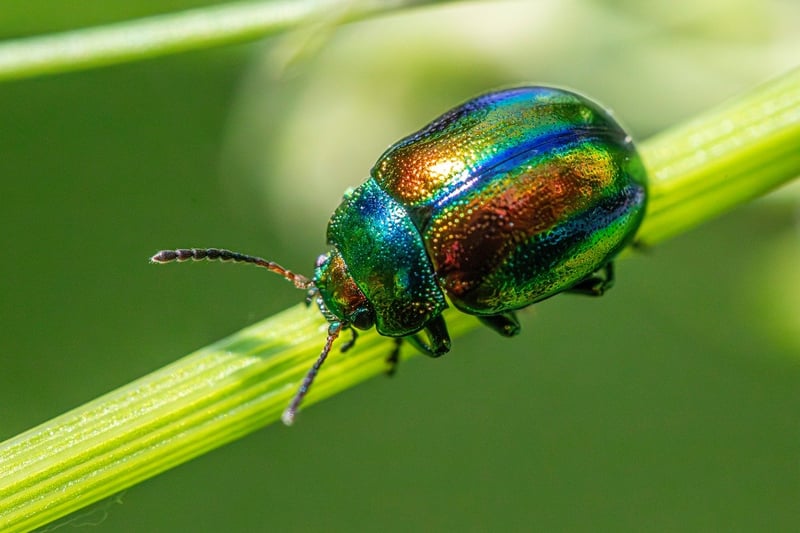Pest control strategies
Essential Practices for Keeping Your Vertical Garden Thriving
Vertical gardens are a fantastic way to bring greenery into small spaces and create a lush environment indoors or outdoors. To ensure your vertical garden thrives, it's essential to follow these practices:
1. Choose the Right Plants
Not all plants are suitable for vertical gardens. Select plants that thrive in limited root space and can handle being grown vertically. Some great options include herbs, succulents, ferns, and trailing plants.
2. Provide Adequate Light
Light is crucial for plant growth. Ensure your vertical garden receives enough natural light or supplement with grow lights if needed. Monitor the light conditions and adjust the placement of your garden accordingly.
3. Water Properly
Vertical gardens can dry out faster than traditional gardens. Check the moisture levels regularly and water your plants as needed. Consider installing an irrigation system to ensure all plants receive adequate hydration.
4. Regular Maintenance
Prune your plants regularly to encourage growth and prevent overcrowding. Remove any dead or yellowing leaves to maintain the health and appearance of your vertical garden.
5. Fertilize Appropriately
Provide your plants with the necessary nutrients by fertilizing them according to their specific needs. Choose a fertilizer suitable for vertical gardens to promote healthy growth.
Pest Control Strategies for Vertical Gardens
Pests can quickly damage your vertical garden if left unchecked. Here are some effective pest control strategies to keep your plants healthy:
1. Inspect Regularly
Check your plants regularly for any signs of pest infestation, such as holes in leaves, webbing, or visible pests. Early detection can help prevent pests from spreading.
2. Natural Predators
Introduce beneficial insects like ladybugs or lacewings to your vertical garden. These natural predators can help control common garden pests like aphids and mites.
3. Neem Oil Spray
Use a neem oil spray to deter pests and fungal diseases. Neem oil is a natural remedy that is safe for most plants and effective against a wide range of pests.
4. Companion Planting
Plant pest-repelling herbs like basil, mint, or lavender near your other plants. These companion plants can help deter pests and attract beneficial insects.
5. Maintain Cleanliness
Remove any fallen leaves or debris from your vertical garden regularly. Pests often hide in decaying plant matter, so keeping your garden clean can help prevent infestations.
By following these essential practices and pest control strategies, you can ensure that your vertical garden remains healthy and vibrant throughout the year.


